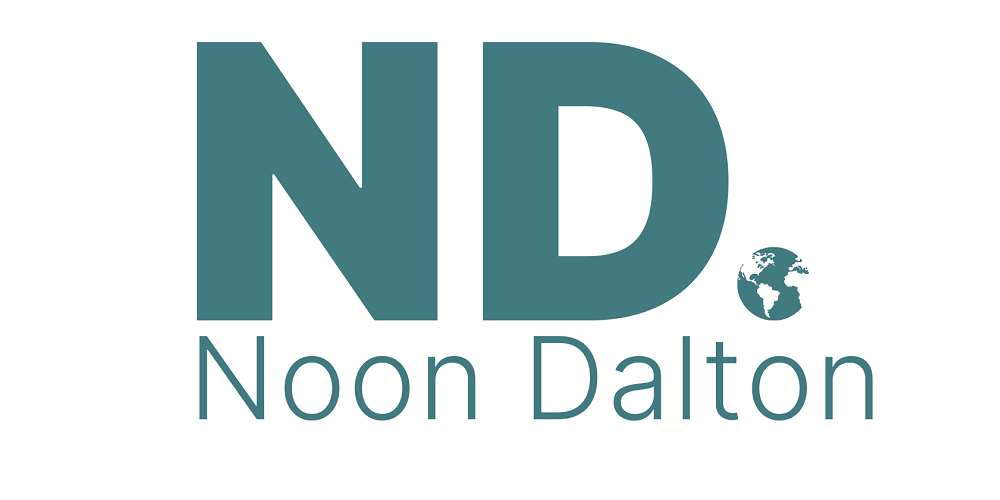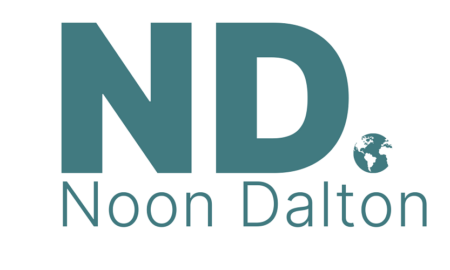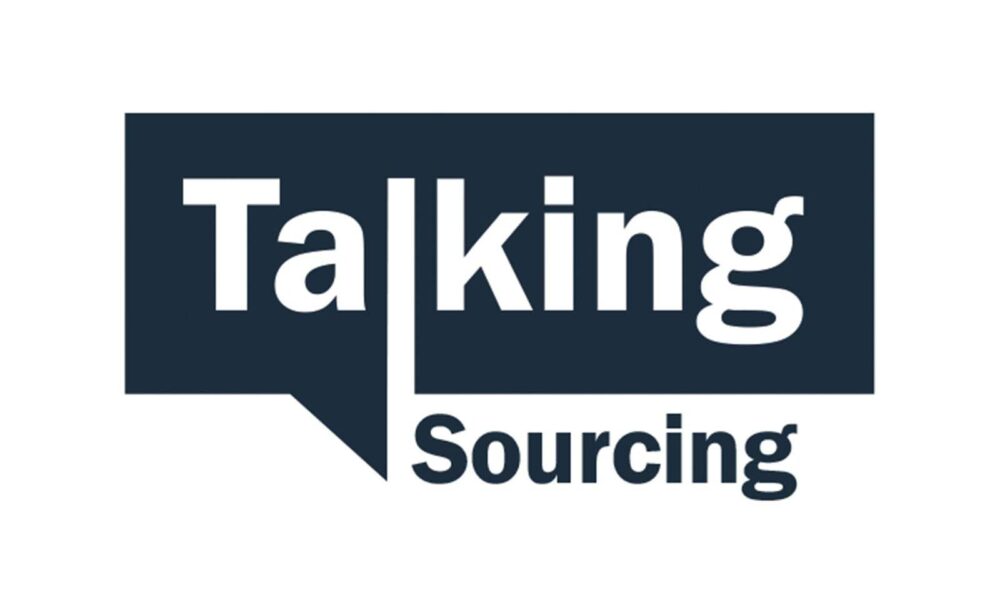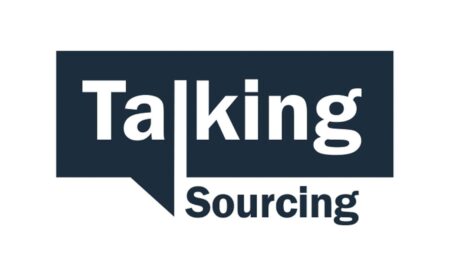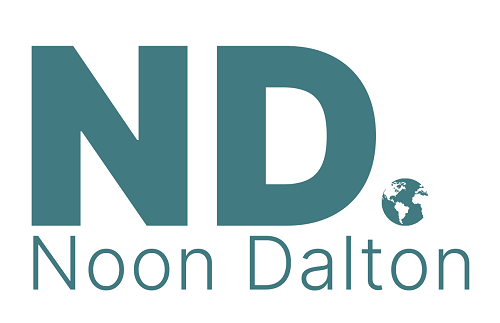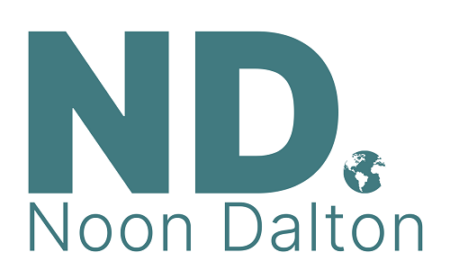Outsourcing business models are fluid. Over the years, many approaches have come to the fore only to be replaced by more innovative solutions. Recently, impact sourcing has emerged as a way of supplying services to clients in a socially responsible manner. Certainly, when done right it can yield strong results. But, despite successes when adopted by BPOs, talk of this model remains niche in the broader outsourcing discussion. If impact sourcing is to become mainstream, providers must make a strong promotional push to consumers, enterprise executives and legislators.
Impact sourcing entails organizations intentionally hiring and providing career opportunities and developmental training for those with limited prospects for long-term employment. Its core principles apply equally well in offshore locations and demand markets alike. This has resonated of late in customer management, with impact sourcing campaigns generating a great deal of interest in the CX space. Credit goes to those outsourcers that have taken the initiative to incorporate this business model into their own offerings. Kudos also go to incubators that have prepared thousands of recruits for BPO operations. One such example is Harambee, which over the past decade has helped train more than 1.4 million young people and helped them fill thousands of jobs in South African BPO.
However, for this business model to achieve its potential and go mainstream, more needs to be done.
The reality is that impact sourcing is still a niche concept in the broader BPO context and has yet to become a must-have element of business service procurement for most enterprises. Notably, among the 628 contact center decision-makers whose views were solicited in the 2021 Ryan Strategic Advisory Front Office Omnibus Survey, the ability to provide impact sourcing offerings was not seen as a primary competitive advantage when selecting a BPO partner. Success for this way of delivering business services will hinge on making impact sourcing one of the core determinants when enterprises are choosing an outsourcer. Luckily, there are numerous ways of achieving this.
An important first step for outsourcers providing these offerings is to educate buyers on the strong social and commercial results that they have the potential to deliver. Currently, there is a great emphasis within the enterprise community to promote corporate social responsibility; impact sourcing should be at the heart of these efforts. The key is demonstrating that it is not simple charity – rather, it achieves socially-responsible objectives while driving business value. To that end, a growing number of case studies validate the fact that campaigns with impact sourcing at their core not only meet but exceed performance metrics.
So too is promoting this way of working to all levels of elected government officials. Imagine the potential growth of impact sourcing were lawmakers to enact tax incentives for enterprises that outsource a portion of their work to accredited providers associated with this model. Even more interesting would be for government bodies to mandate that their own procurement of business services must be done with third parties that practice impact sourcing. Lobbying efforts to municipal, state and national legislators to put this way of working on the government agenda need to start immediately.
And then there is consumer awareness. No one should underestimate the extent to which consumers can influence how enterprises do business; examples include purchasing from firms that employ green business practices or those that emphasize animal rights. End-users can sway how companies operate. With the right awareness, campaigns highlighting the benefits of impact sourcing on communities far and wide may stir consumer-led calls for action.
Now is the time for big ideas about how new ways of doing business in CX and BPO can drive positive social change . The possibilities around impact sourcing are massive, but to reach that potential, providers using this business model cannot be shy in driving awareness.




